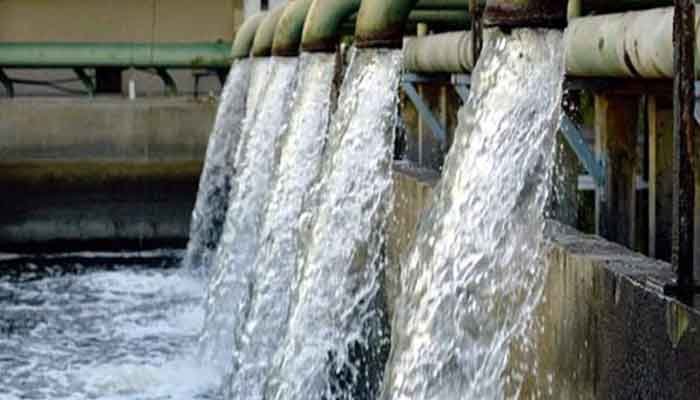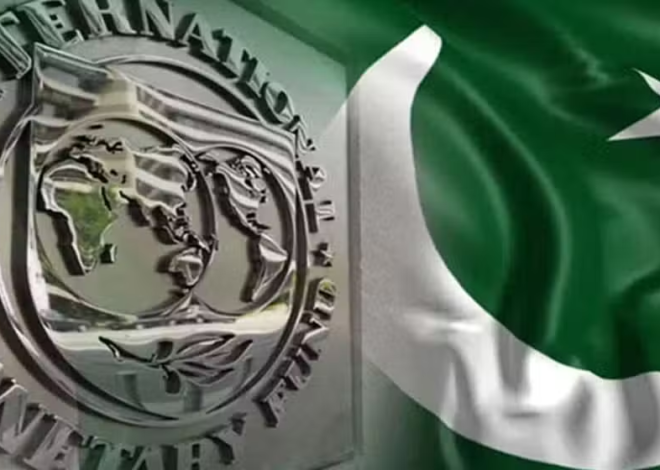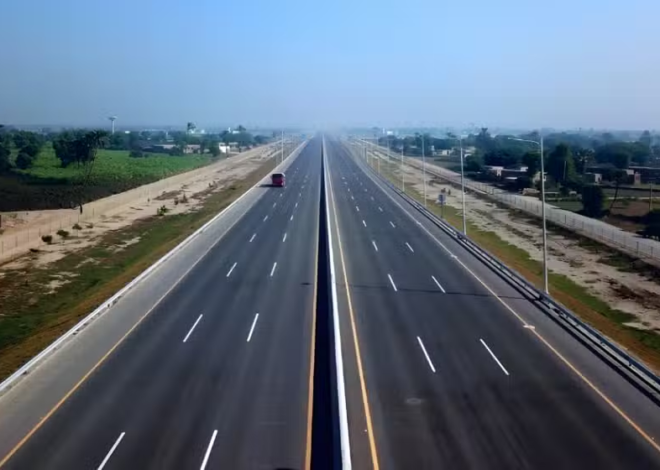
Power Outages Hindering Karachi Water Supply
Karachi, Pakistan’s largest city and economic hub, is once again grappling with a serious water crisis, exacerbated by ongoing power outages across the metropolitan area. The city’s already fragile water supply system is being severely affected by the frequent and extended electricity breakdowns, disrupting pumping operations at key facilities such as Dhabeji, Gharo, and Pipri. As a result, millions of residents are experiencing acute water shortages, adding to their daily hardships in the sweltering heat.
The Karachi Water and Sewerage Corporation (KWSC) has reported multiple incidents where the electricity supply to major pumping stations was interrupted for several hours at a time. These stations are responsible for transporting water from the Indus River and Hub Dam to various parts of the city. Without electricity, the pumps shut down, leading to a sharp drop in water pressure and inconsistent distribution. In many cases, entire neighborhoods go days without receiving a drop of water from the municipal supply.
This situation has triggered widespread frustration among citizens who are already contending with rising inflation and extreme temperatures. With no water in pipelines, residents are forced to purchase water from private tankers, which charge exorbitant rates. A tanker that once cost Rs. 1,500 is now being sold for over Rs. 3,000 in some areas, making it unaffordable for many families, especially in low-income localities. Complaints have been pouring in from residents of Malir, Korangi, Baldia, and Orangi Town, who say they have been completely reliant on costly alternatives for weeks.
Despite public outcry, there seems to be little coordination between the power utility company, K-Electric, and the KWSC. Officials from the water utility have urged K-Electric to exempt major pumping stations from load-shedding schedules or at least provide advance notice of outages. However, K-Electric cites grid instability and increased demand as reasons for the unscheduled breakdowns. While both agencies blame each other, the people of Karachi continue to suffer the consequences of mismanagement and lack of emergency planning.
In response to the mounting crisis, local government authorities have announced temporary measures to supply water through bowsers to the worst-hit areas. However, the scale of the problem is too vast for such ad hoc solutions to provide meaningful relief. Water supply through bowsers is irregular, poorly coordinated, and often marred by allegations of favoritism and corruption. Many residents complain that water tankers are sent only to areas with political influence, while poorer neighborhoods are left to fend for themselves.
Experts argue that the root of the problem lies in the outdated infrastructure and lack of investment in Karachi’s water supply system. The pipelines are decades old and highly inefficient, resulting in massive water losses due to leakages. Moreover, the city’s water demand far exceeds the available supply, particularly during the summer months. With no new water sources developed in recent years, Karachi is left at the mercy of its aging and overstressed system.
Adding to the complications, illegal water hydrants continue to operate across the city, drawing large volumes of water from the municipal supply and selling it on the black market. Despite crackdowns by the authorities, these hydrants often resurface in new locations, indicating the presence of a well-organized water mafia. Residents argue that unless this parallel system is dismantled, genuine reform in water distribution will remain elusive.
Environmental concerns are also being raised as groundwater levels in Karachi continue to drop due to unregulated borewells. Many private housing societies and industrial units have resorted to drilling underground wells to secure water, further straining the aquifers. Experts warn that if this trend continues, the city could face an irreversible water depletion crisis in the coming years. The lack of regulation and absence of a long-term water management policy are only accelerating this decline.
Karachi’s water supply crisis, now intensified by power outages, reflects deeper issues of infrastructure neglect, poor governance, and inter-agency disconnect. The continued failure to address these challenges is pushing the city’s residents to the brink.







